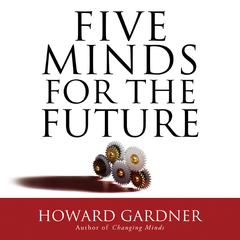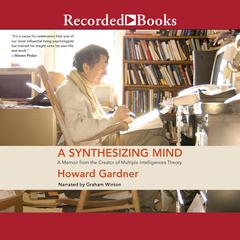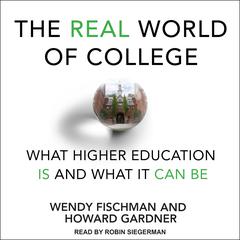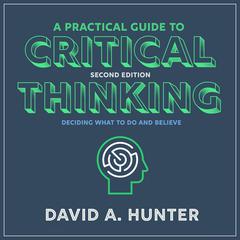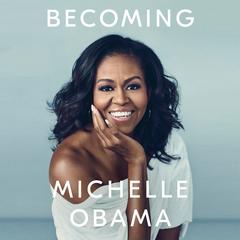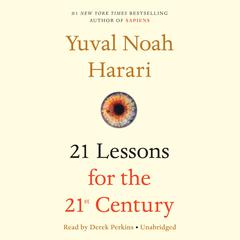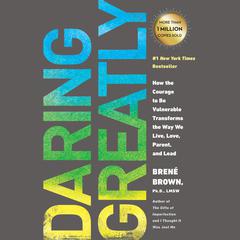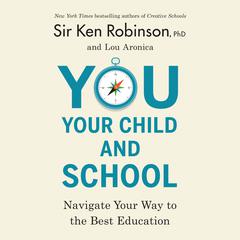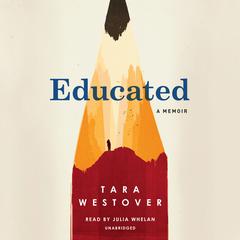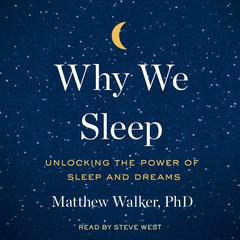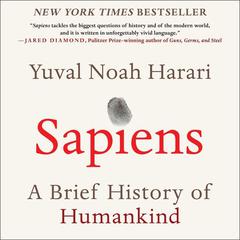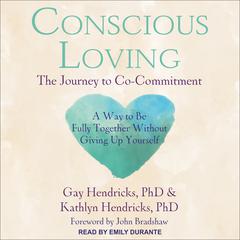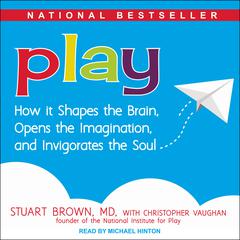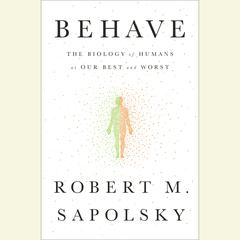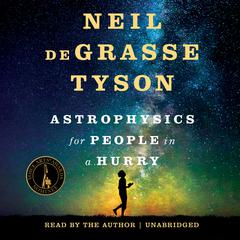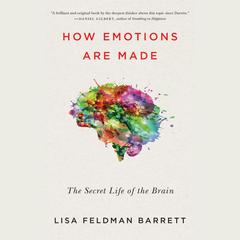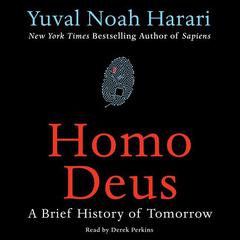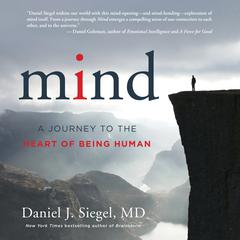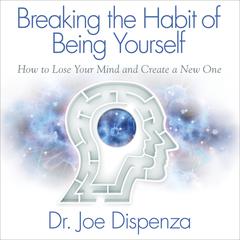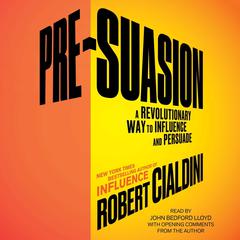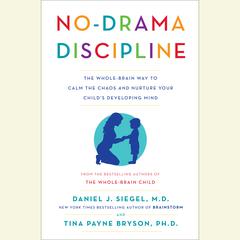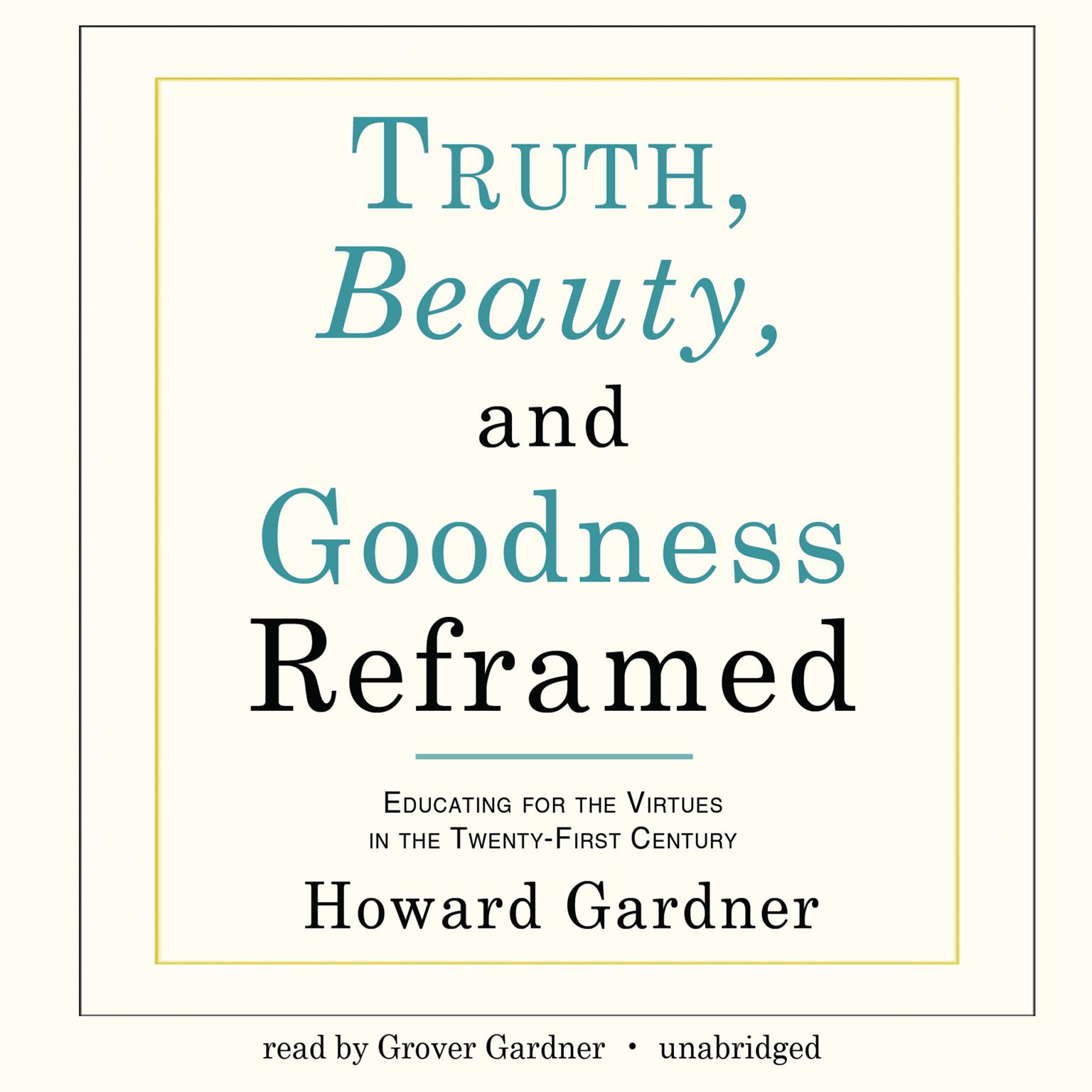 Play Audiobook Sample
Play Audiobook Sample
Truth, Beauty, and Goodness Reframed: Educating for the Virtues in the Twenty-First Century Audiobook
 Play Audiobook Sample
Play Audiobook Sample
Quick Stats About this Audiobook
Total Audiobook Chapters:
Longest Chapter Length:
Shortest Chapter Length:
Average Chapter Length:
Audiobooks by this Author:
Publisher Description
The True, the Good, and the Beautiful are as timeless a trio of concepts as Western culture has to offer. Since before Socrates, humankind has explored these virtues in an attempt to describe and categorize them. Our definitions of these concepts, moreover, have unceasingly changed over the ages and across continents. Every known civilization has developed its own interpretations of them and so has confronted difficult questions: Is truthfulness inherent or inculcated? Is beauty achieved or a gift bestowed by the gods? Is goodness a birthright or determined by society?
In Truth, Beauty, and Goodness Reframed, Howard Gardner explores the meaning of these virtues in a contemporary world of vast technological change and relativistic understandings of human nature. Today’s technologically saturated era poses profound challenges to once uncontroversial assertions of what is good. Our search for truth is besieged by a miasma of blogs, forums, and open-source references that obscure the origins of information, and tabloids, cable news, and talk radio that proffer the most convenient, popular, and profitable truths. Our understanding of beauty is bombarded by air-brushed advertisements and photoshopped portrayals of perfection. And the concept of the good is increasingly politicized and debated as we determine who is a terrorist and who is a freedom fighter, which liberties are inexorable and which are negotiable in the name of national security.
In this incisive and elucidating study, Gardner reveals that while the concepts of truth, beauty, and the good are changing faster than ever, they are—and will remain—cornerstones of our society. These virtues, though in flux and under attack, are essential to the human experience. While they may be obscured and exploited, we must continue to pursue truth, beauty, and goodness to ever-greater heights. This insightful, illuminating analysis provides an approachable primer on the foundations of ethics and virtue in this modern age.
Download and start listening now!
"I anyway like Gardner and really appreciate what he has added what we thought we already know about intelligence and life. But unfortunately there was not much new thoughts in this book, it is more an elaborated version of what he has already said in the 5 Minds"
— Ipek (4 out of 5 stars)
Quotes
-
“Howard Gardner has written a wonderful book on the traditional virtues in a world where nothing traditional seems to stand firm. Drawing on an amazing range of contemporary science and knowledge, exhibiting his characteristic enthusiasm for human possibilities and creativity, he shows us how, both in formal education and beyond it, we can continue to expand our understanding of these central human goals: in a word, how to live in a world ever made different.”
— Nathan Glazer, Professor of Education and Sociology Emeritus, Harvard University -
“This book is not merely informative, although it is surely that. It helps us understand and provokes us to think more deeply about some of the most important questions we face in trying to live a full and rewarding life.”
— Derek Bok, former president, Harvard University -
“This is a profound deepening of Gardner’s earlier work on the various forms of intelligence. He now sees our ways of understanding the world as operating in, as it were, symphonic relations to each other, yielding the rich diversity that characterizes human thought in different cultural settings. This new book has a stunning freshness about it, a real leap forward. Bravo!”
— Jerome Bruner, University Professor, New York University, and author of The Process of Education -
“There is cause for rejoicing. Howard Gardner, a leading expert in education and a keen observer of the cultural moment, believes that Truth, Beauty, and Goodness are salvageable…At a time of often justified cynicism, Gardner opts instead for reframing the teaching and practice of old virtues within the constraints of today, and, by so doing, estores their standing in the culture. His book is indispensable reading.”
— Antonio Damasio, author of Self Comes to Mind and Looking for Spinoza -
“[Howard Gardener] gives special consideration to combating postmodernist defeatism and addressing social media’s growing role. Gardner also elucidates how the young and not-so-young can implement these new definitions, and how different age groups can engage in complementary manners as they strive toward the same goals. The author is a fluent and articulate writer.”
— Kirkus
Truth, Beauty, and Goodness Reframed Listener Reviews
-
" I'm a great fan of Howard Gardner ~ his perspective on multi-intelligence learning is "re-framed" in viewing Western Civ contextually . Makes one retool concepts of a life time. "
— Constance, 3/7/2013 -
" Got hooked on the phrase "truth and beauty" so this was a definte read. "
— Mary, 2/22/2013 -
" Interesting, thoughtful, and occasionally provocative though the overarching narrative is unfocused. "
— Edward, 7/31/2012
About Howard Gardner
Howard Gardner is the John H. and Elisabeth A. Hobbs Professor of Cognition and Education at the Harvard Graduate School of Education and senior director of Harvard Project Zero. The recipient of a MacArthur Fellowship and twenty-one honorary degrees, he is the author of more than twenty books, including Multiple Intelligences, Changing Minds, Intelligence Reframed, and Five Minds for the Future. He lives in Cambridge, Massachusetts.
About Grover Gardner
Grover Gardner (a.k.a. Tom Parker) is an award-winning narrator with over a thousand titles to his credit. Named one of the “Best Voices of the Century” and a Golden Voice by AudioFile magazine, he has won three prestigious Audie Awards, was chosen Narrator of the Year for 2005 by Publishers Weekly, and has earned more than thirty Earphones Awards.




